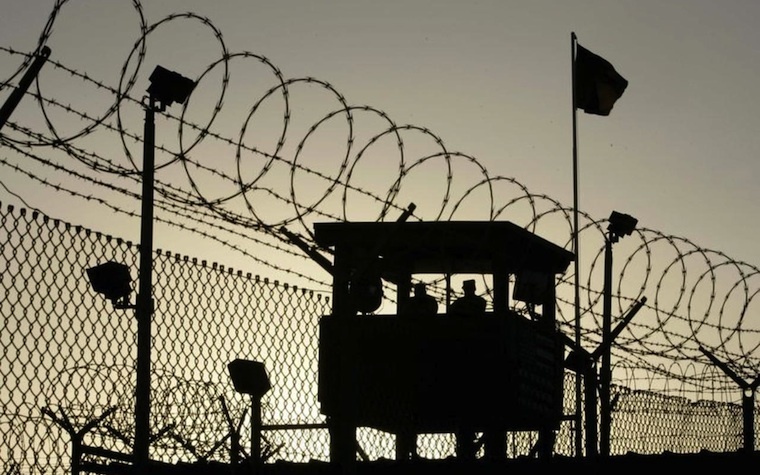The report now must be approved in the Senate before a bill can clear Congress and be sent to the president's desk.
The deal comes even as President Obama has threatened to veto the bill if Congress does nothing to address his goal of closing the Guantanamo Bay Detention Center. The president’s veto threat comes as international law experts have derided the center as a violation of human rights and international justice.
Numerous international bodies -- from nongovernmental activist groups to the United Nations -- have called on the U.S. to close down the Guantanamo Detention Center, a step not taken in the current NDAA draft.
The National Defense Authorization Act for 2016 would authorize $515 billion in national defense spending, as well as an additional $89.2 billion for Overseas Contingency Operations (OCO).
Excluding an additional $7.7 billion for activities that fall outside the committee’s jurisdiction, the total funding for national defense is equivalent to President Obama’s total request for $611.9 billion in defense discretionary spending.
“This year’s NDAA provides the resources our troops need for a strong national defense and does so in a fiscally-responsible way, while also reforming the way the department does business and cares for the troops,” Thornberry said. “It is the product of hard work and collaboration from members on both sides of the aisle from both the House and Senate.”
Thornberry said the current upheaval around the world makes the NDAA as relevant as ever.
“With the Taliban retaking Afghan cities, ISIS marching across the Middle East, Russia on the ground in Ukraine and now in Syria, we need this bill to pass as soon as possible,” Thornberry said. “I am hopeful that the president will remove his veto threat, putting politics aside and putting the country’s security first.”
Thornberry has represented Texas' 13th District in the House since 1995. Born in Clarendon, Texas, in 1958, Thornberry was educated at Texas Tech University and serves on the following committees: Armed Services and the Permanent Select Committee on Intelligence.


 Alerts Sign-up
Alerts Sign-up